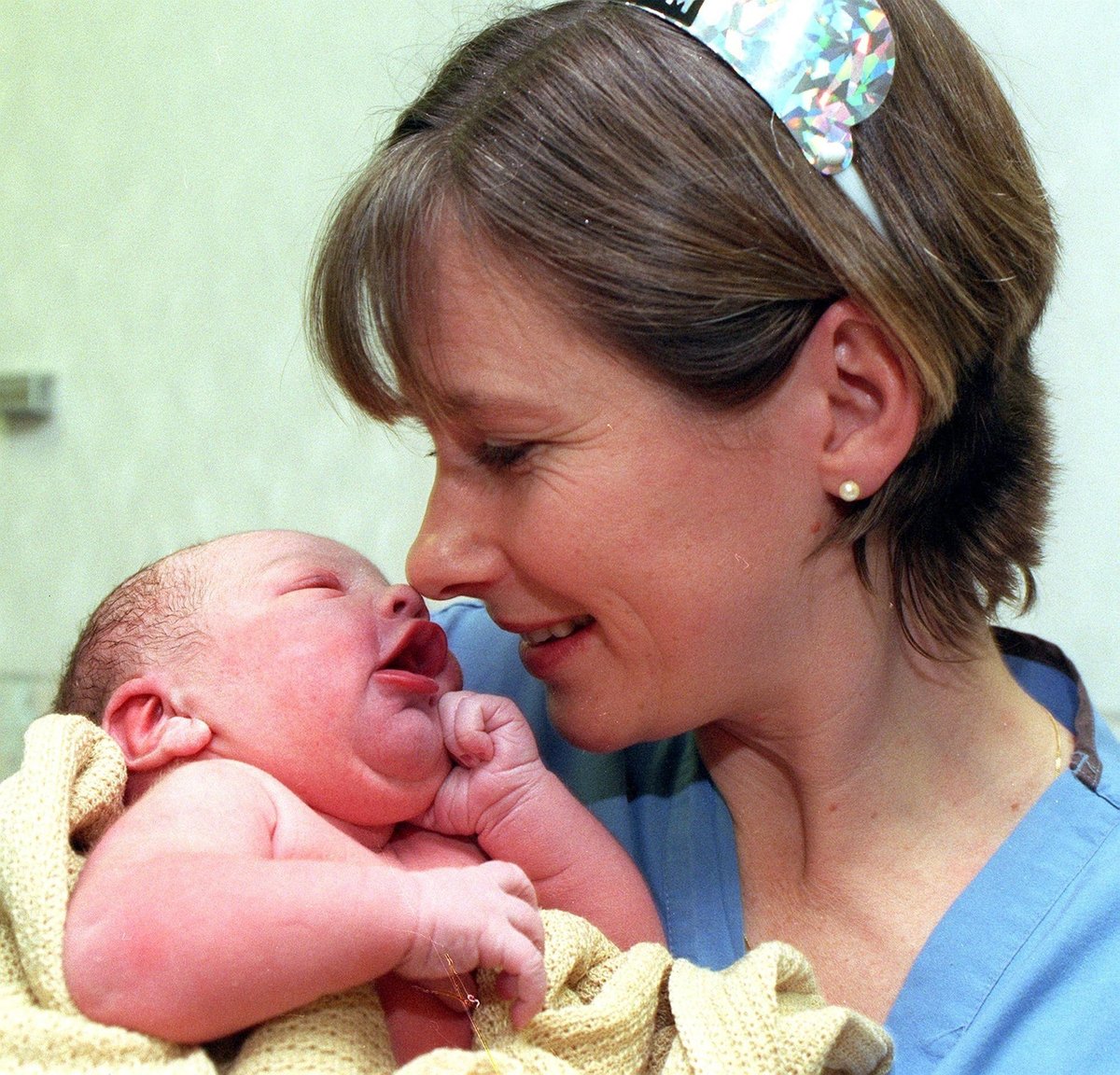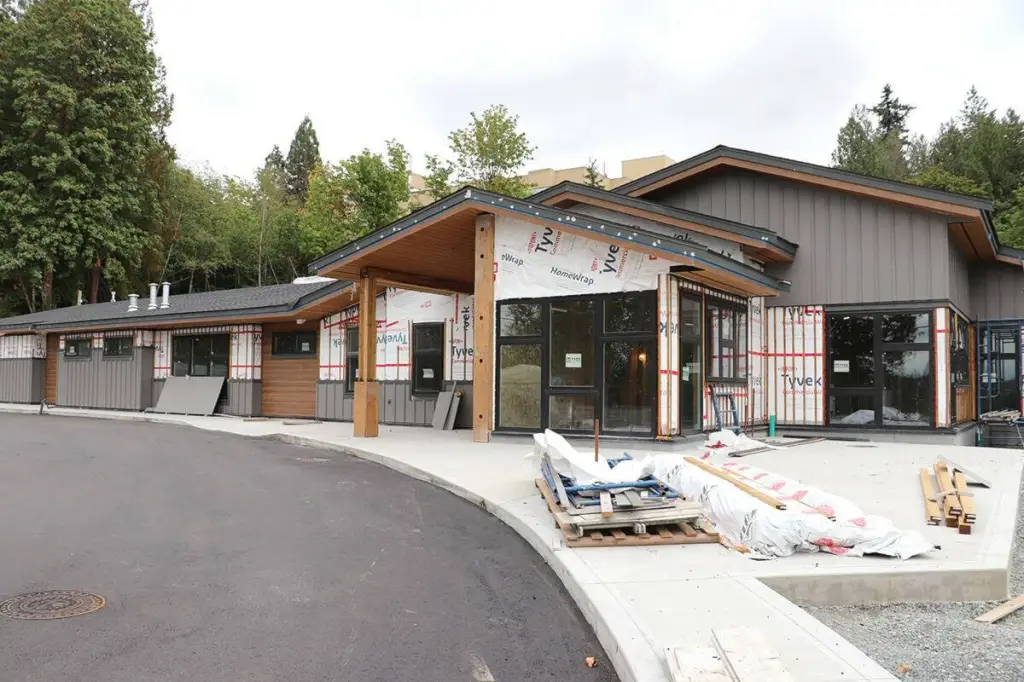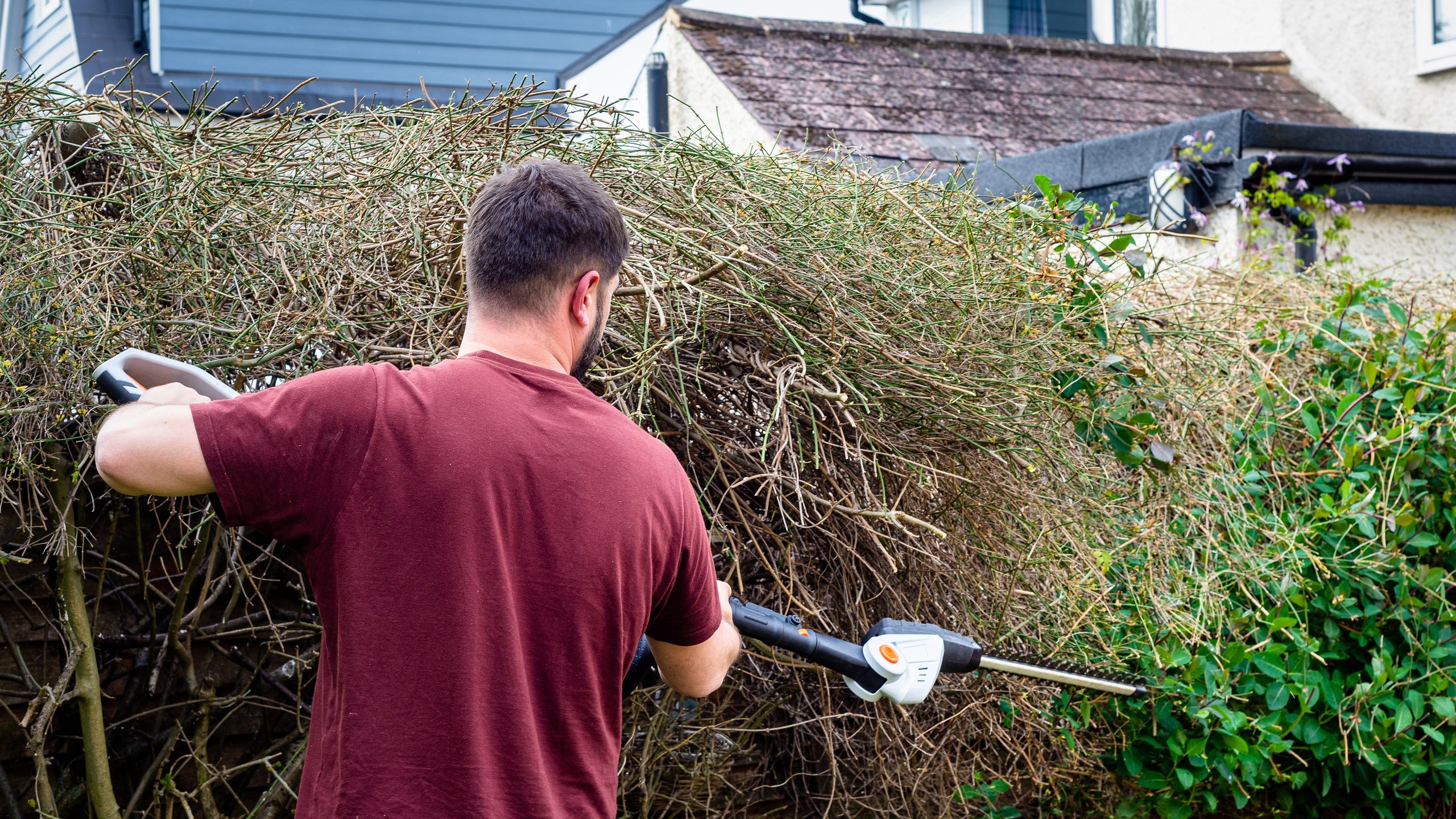Copyright scotsman

On the three occasions my wife safely delivered our three kids, it is only thanks to the professionalism and quick thinking of the midwives who stewarded her care that things came off largely without a hitch. In Darcy’s case, our third, we even had a team of three midwives waiting at the doors of the Simpson’s maternity unit, after Gill had nearly given birth on the bypass. They placed our healthy little girl in our arms just 11 minutes after we arrived at the unit. I wish that our experience was the same for everyone, but it seems in the decade since we had cause to use Scotland’s maternity services, outcomes have deteriorated, sometimes to the point of tragedy and the morale of our hardworking staff has taken a nosedive. On Monday, the Scottish Liberal Democrats published research showing that over a million days of nurse and midwife staff time has been lost due to mental ill health and stress in the past five years. That’s 3000 years of staff time. That’s due in large part to the pressure of understaffed shifts and toxic management culture. And it’s a vicious cycle - a BBC Scotland Disclosure programme broadcast this week, investigated the worrying increase in adverse patient outcomes and found that the same staffing pressures and culture are bringing mothers and babies to harm. That reality is making it harder for staff to offer the safest standards of care, particularly when they know that sickness absence is going to make their next shift all the harder. The stress is piling up on midwives who just want to care for mothers and their babies. The programme led with a shocking case study. A mum in Ninewells was incorrectly given eight times the recommended medication to induce the delivery of her stillborn daughter and she herself tragically died of cardiac arrest during labour. Hers is just one account in a catalogue of tragedy. Up and down the country midwives are going to work in an atmosphere of fear and dread. They attest to ‘fighting fires on every shift’. Best practice would have them offer constant one-to-one care for women during established labour, but that attention is getting harder and harder to offer. The numbers speak for themselves. In NHS Lothian, safe staffing dictates that there should be 12 midwives on duty on any given day shift and 11 on duty out of hours. However, it is now commonplace to see these shifts staffed by as few as five midwives. This is a recipe for tragedy. Mary Renfrew, Emeritus Professor of Midwifery at the University of Dundee, has said of Scottish maternity care, “it is as critical as I’ve ever seen it.” She called for the political will to act. At the coming election, Scottish Liberal Democrats will put workforce planning for nursing and midwifery front and centre of our offer to the people. We need to be sure that every shift is safely staffed and that means introducing a rolling 10-year recruitment plan which answers the needs of every maternity ward in the country.



